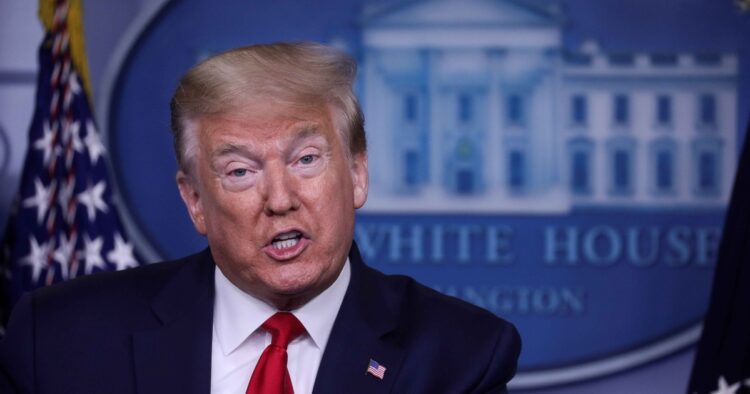Former US President Donald Trump has acknowledged that he won’t be able to pay over $400 million as a New York civil fraud penalty. This revelation came to light through court documents released on Monday, where Trump’s attorneys disclosed that he had approached 30 underwriters seeking support for the bond, which is due at the end of March.
Gary Giuletti, an insurance broker who advocated for Trump in the civil fraud trial, stated in an affidavit that obtaining a full bond “is a practical impossibility.” Trump’s legal team emphasized that despite their efforts, potential underwriters were looking for cash to support the bond rather than assets.
The filing outlined the extensive negotiations Trump’s team conducted with multiple surety companies, including one of the largest insurance firms globally. However, they concluded that obtaining an appeal bond in the full amount of the judgment was not feasible under the circumstances presented.
In 2022, New York Attorney General Letitia James filed a civil fraud lawsuit against Trump, accusing him and his sons, Donald Jr. and Eric, along with other Trump Organization officials, of inflating his net worth and asset values to secure cheaper business loans.
Despite Trump’s claims of innocence, Judge Arthur Engoron held him responsible for the alleged fraud and ordered him to pay a $355 million penalty, along with interest, totaling over $464 million.
While Trump admits he can’t afford the bond, his lawyers assert that the attorney general need not worry about collecting the judgment. They argue that Trump’s real estate holdings, which include prominent properties like Doral Miami, 40 Wall Street, and Mar-a-Lago, exceed the amount of the judgment. These assets, they claim, are impossible to conceal or dispose of secretly, thus ensuring the plaintiff’s security during the appeal process.
Trump’s legal team also contends that the $464 million penalty is “grossly disproportional.” Last month, they requested a reduction of the amount to $100 million. However, the recent filing argues that Trump should not be required to post any bond at all.
The ongoing legal saga surrounding Trump’s financial dealings continues to unfold as both sides navigate the complexities of the case, which has significant implications for Trump’s financial future and his standing in the public eye.

















Comments